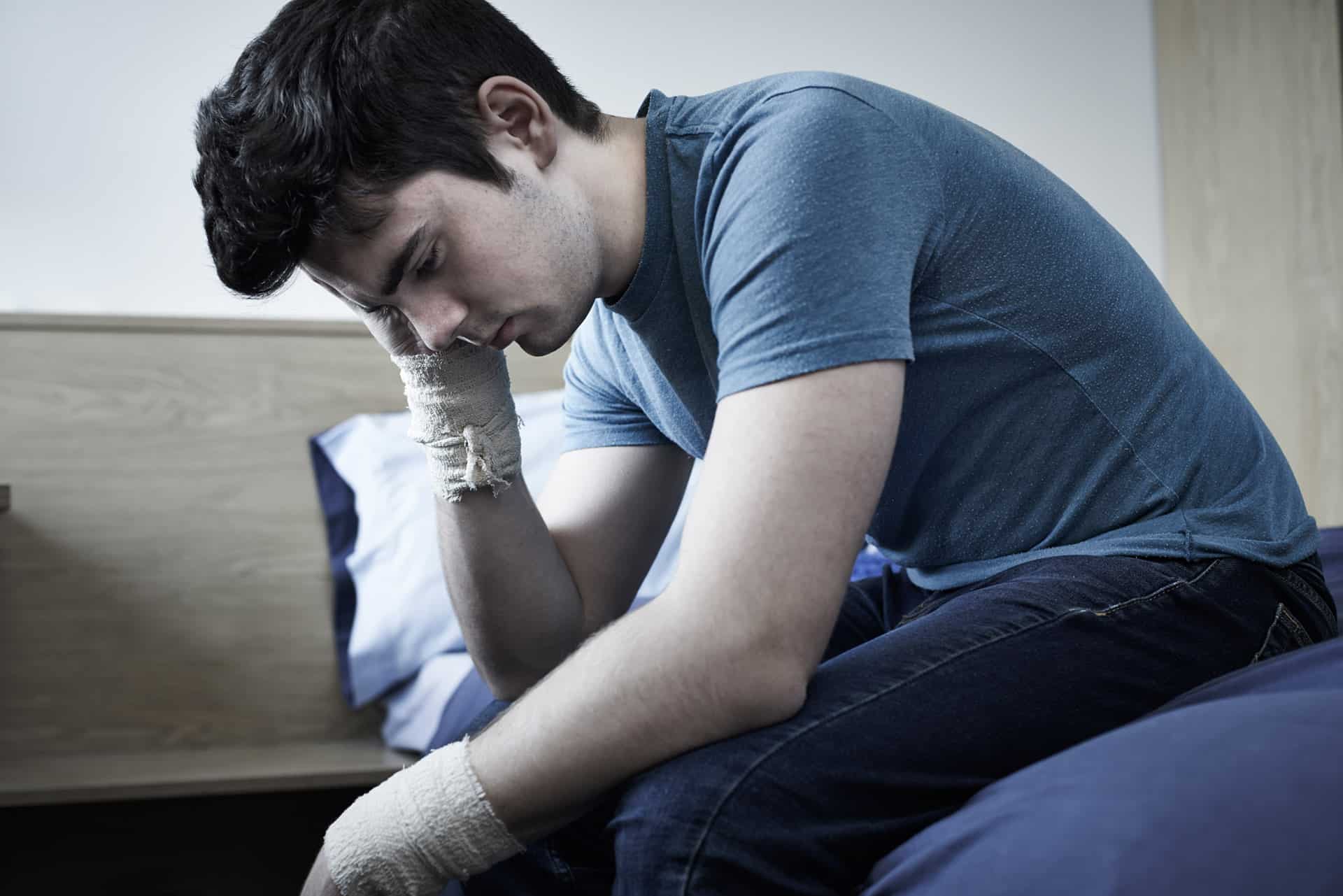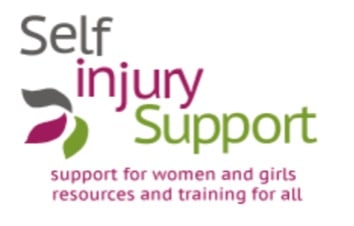Life-Stuff.org
Facts & advice foryoung adults

Self-harm is when someone hurts themselves on purpose to relieve feelings of distress or when life feels hard to cope with. Self-harm may feel like the only way to let those feelings out or they might feel numb and want to hurt themselves to feel something. Taking this pain and anger out on themselves may appear to bring temporary relief, but then as things start to build up again, they might feel like they have to harm again. It can be really hard to break out of this cycle and it can be upsetting to think that this is the only way to cope.
On Self Harm Awareness Day, a survey by YouGov for Young Minds, The Mix and and Self Harm UK found that 24% of young men (16 – 24) intentionally hurt themselves, so people should not feel alone. There are some great organisations that offer confidential on line, or text support and other help and advice. See help and support.
Self harm is usually a symptom that something stressful or upsetting in life that is difficult to deal with. This could be something like:

People might self-harm because they are angry and upset about being treated badly, made to feel unimportant or unloved, or just not ‘perfect’ enough, but everyone matters and is worthy of respect and love.
People self-harm for many different reasons. Some people find it hard to explain why they do it, but often it’s a way for people to let out feelings that are hard to explain or control.

Self-harm is not always about cutting or personal injury either – it includes doing other harmful things people do to themselves which could include:
No one has to go through this alone – there are organisations that can help:

Self Harm UK : selfharm.co.uk
Alumina Project supporting 14-19 year-olds

Self injury Support: selfinjurysupport.org.uk
Helpline: 0808 800 8088 (Tue & Wed 7-10pm, Thur 3-6pm & 7-10pm) Text: 0780 047 2908 (Sun – Fri 7-9pm)

Harmless: harmless.org.uk

National Self Harm Network Forum: nshn.co.uk
Read next Body image/ self esteem